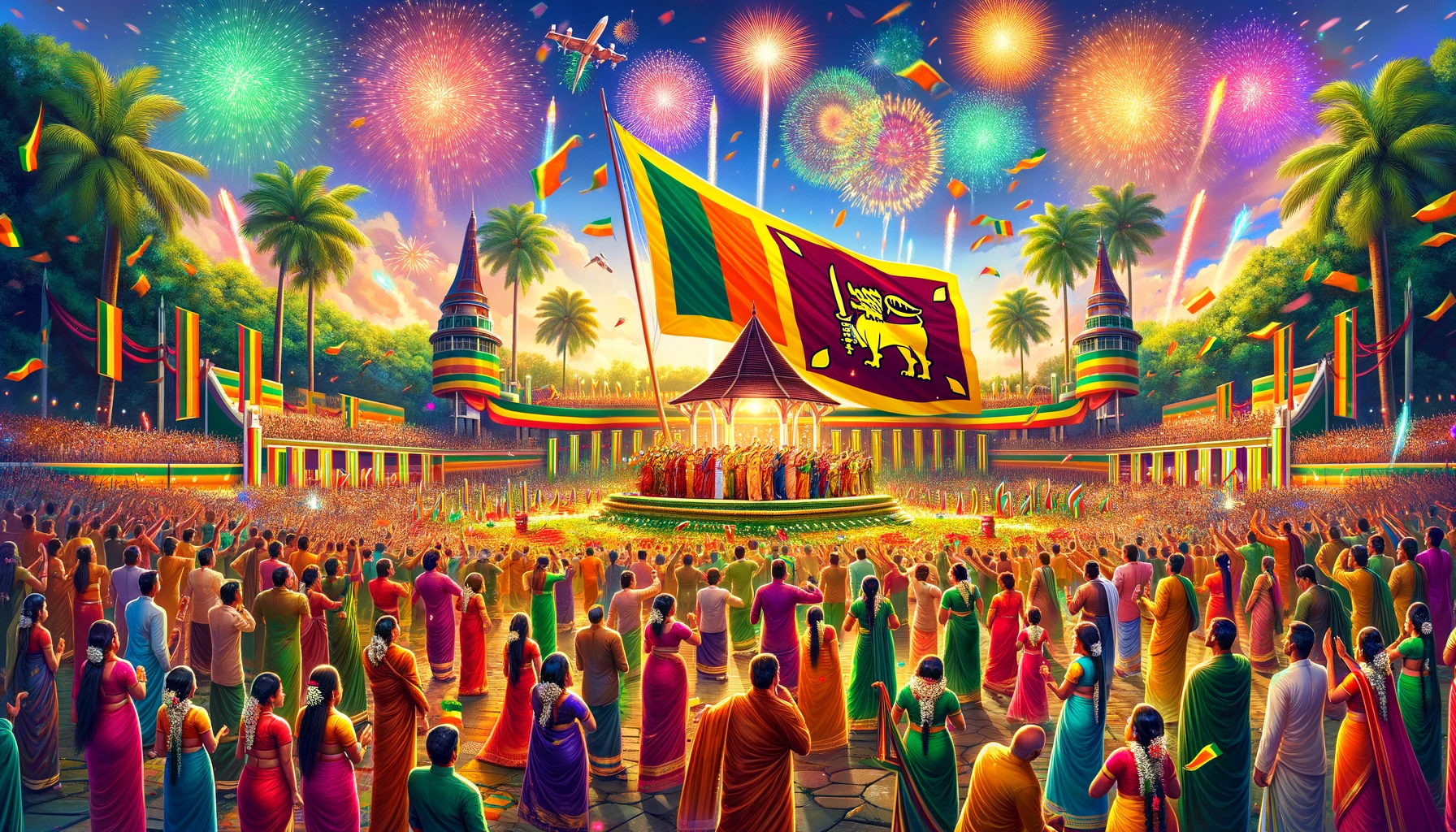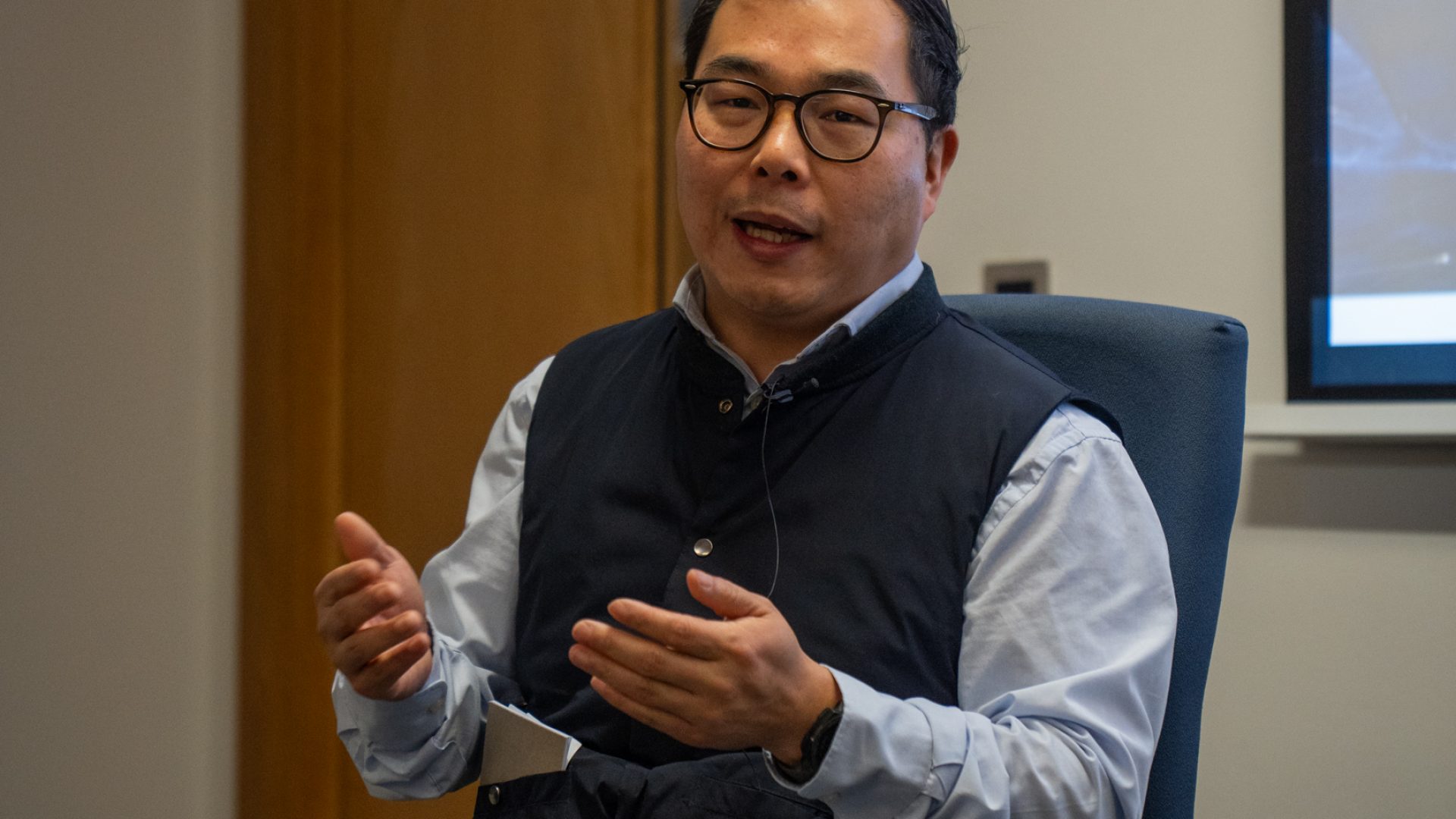Sri Lanka’s Independence Day, celebrated annually on the 4th of February, marks a pivotal moment in the nation’s history. This day commemorates Sri Lanka’s emancipation from British colonial rule in 1948, signifying the country’s transition to sovereignty and self-governance. The historical context of this celebration stems from centuries of colonial dominance, culminating in a peaceful transition of power. It’s a day imbued with national pride, reflecting on the journey towards freedom and the enduring spirit of the Sri Lankan people.
A Brief History of Sri Lankan Independence
Sri Lanka, formerly known as Ceylon until 1972, gained independence from British rule on February 4, 1948, marking the end of centuries of colonial dominance that began with the Portuguese in the 16th century, followed by the Dutch, and finally the British in 1815. The movement for independence was a peaceful political process that emerged in the early 20th century, led by the educated middle class and pivotal figures such as Don Stephen Senanayake. The foundation for independence was laid through constitutional reforms and negotiations with the British, culminating in the transfer of power. This momentous event established Ceylon as a dominion within the Commonwealth, with Senanayake becoming its first Prime Minister. Independence Day is celebrated annually, commemorating the country’s long journey to sovereignty and reflecting on its rich cultural heritage and unity.
Leaders Who Shaped Sri Lanka’s Independence
The journey to Sri Lanka’s independence was carved out by visionary leaders whose contributions were critical in shaping the nation’s destiny. Foremost among them, Don Stephen Senanayake, known as the “Father of the Nation,” was instrumental in negotiations that led to autonomy. Other notable figures include Sir Ponnambalam Arunachalam and Anagarika Dharmapala, who inspired the populace and laid the ideological groundwork for a free Sri Lanka. Their legacy is remembered as a testament to the power of leadership and vision in the quest for independence.
Independence Day Celebrations Across Sri Lanka
Independence Day in Sri Lanka is a vibrant tapestry of national ceremonies, cultural events, and public gatherings. Across the island, from the bustling streets of Colombo to the serene landscapes of the countryside, Sri Lankans of all walks of life come together to celebrate. The day is marked by the hoisting of the national flag, patriotic parades, and cultural performances, showcasing the rich diversity of Sri Lankan heritage. Each region brings its own flavour to the festivities, making Independence Day a nationwide celebration of unity and national pride.
The Significance of Independence Day in Modern Sri Lanka
Today, Independence Day holds profound socio-political significance in modern Sri Lanka. It serves as a reminder of the country’s journey towards sovereignty and the ongoing efforts to foster unity among its diverse ethnic and religious communities. The day encourages reflection on the achievements since independence while acknowledging the challenges that lie ahead. It’s a day that reinforces the importance of national unity, peace, and pride, serving as a cornerstone for the nation’s collective identity and aspirations.
Cultural Showcase: Traditional Sri Lankan Independence Day Festivities
Independence Day in Sri Lanka is also a time to revel in the nation’s rich cultural heritage. Traditional foods, attire, and customs take centre stage, offering a glimpse into the island’s diverse cultural tapestry. From the intricate beauty of the Kandyan dancers to the flavoursome delights of traditional Sri Lankan cuisine, the day is a celebration of national identity through cultural expression. Unique performances and parades across the country highlight the unity and diversity of Sri Lankan culture, making Independence Day a vibrant showcase of national pride.
Sri Lanka’s Independence Day Around the World
The spirit of Sri Lanka’s Independence Day transcends borders, celebrated with fervour by the Sri Lankan diaspora and expatriate communities worldwide. From intimate gatherings to large-scale events, Sri Lankans abroad commemorate the day with cultural performances, traditional cuisine, and reflections on their homeland’s history. International recognitions and messages of goodwill from global leaders underscore the worldwide respect for Sri Lanka’s sovereignty and the global footprint of its diaspora, fostering a sense of unity and pride among Sri Lankans everywhere.
Rebuilding Sri Lanka and the Future of the Country
In September 2022, protests in Sri Lanka led to the fall of the president of the country and a state of emergency with the military empowered to detain people, stop public gatherings, and search premises.
We had the honour of hosting Sri Lanka’s High Commissioner to the United Kingdom, Her Excellency Saroja Sirisena, where we discussed the challenges facing Sri Lanka, how the new government is dealing with them and the outlook for the economy in the coming years.




